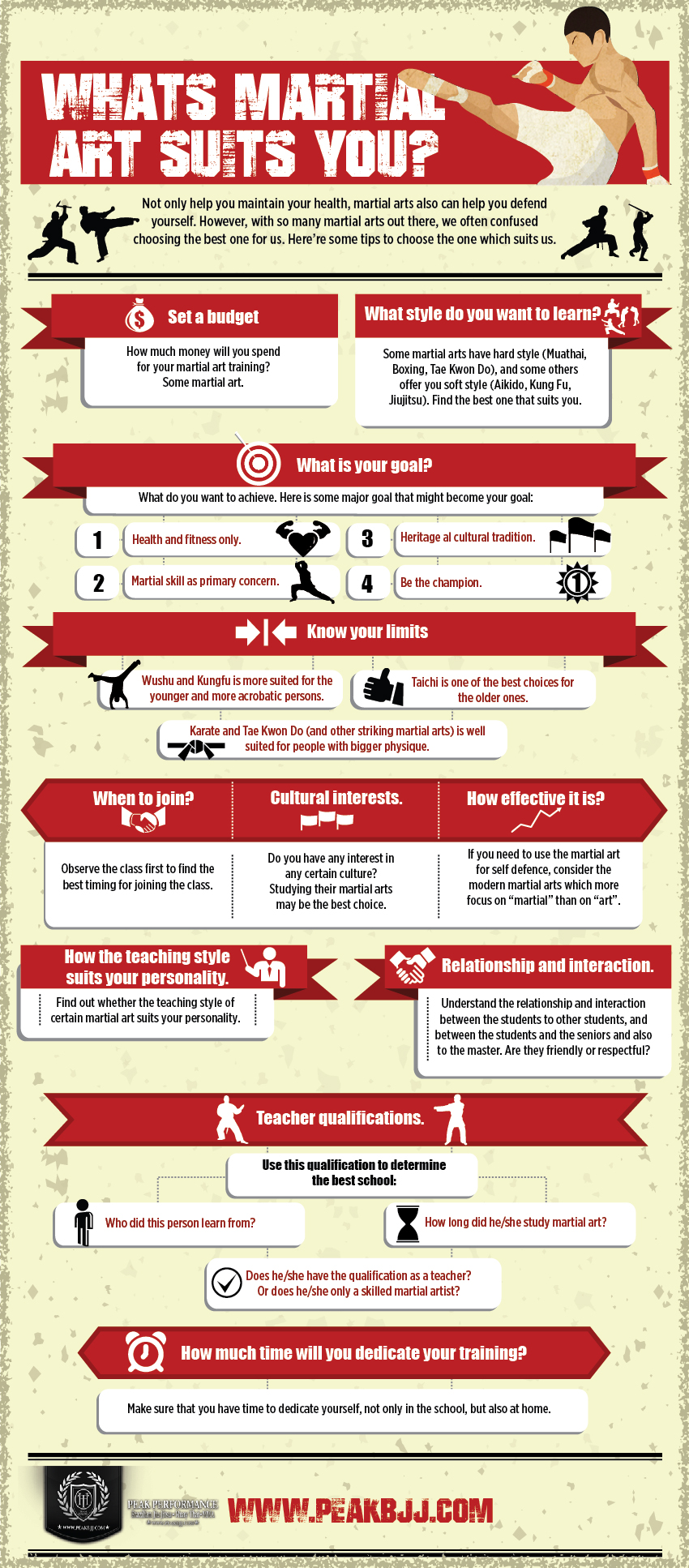The Impact Of Youth Fighting Style On Academic Efficiency And Emphasis
The Impact Of Youth Fighting Style On Academic Efficiency And Emphasis
Blog Article
Material Author-Balling Serrano
Step onto the floor covering of knowledge and reveal the covert power that young people martial arts possess.
Like a well-sharpened sword, the impact of these old methods on scholastic efficiency and emphasis is a force to be reckoned with.
As you explore the depths of this discussion, you will discover the possibility for improved cognitive abilities, boosted focus skills, and a significant boost in scholastic efficiency.
Yet the trip does not end there, for truth secrets lie within the pages yet to be explored.
Improved Cognitive Capabilities
Enhanced cognitive capabilities have actually been observed in young people who participate in fighting styles. By participating in fighting Read Alot more training, you can boost your cognitive functions such as interest, emphasis, and memory. The physical motions and techniques associated with martial arts require mental control and focus, leading to enhanced cognitive skills.
Researches have shown that regular engagement in martial arts can boost data processing speed and executive features, which are crucial for academic success. Martial arts training also assists to improve problem-solving abilities and decision-making abilities, as practitioners learn to assess and respond promptly to different situations.
In addition, martial arts method promotes self-control and self-constraint, which are necessary top qualities for reliable learning and scholastic success.
Enhanced Concentration Abilities
Just how can martial arts training improve your capability to concentrate?
Martial arts training can greatly improve your concentration skills. With the technique of different techniques and movements, you're required to focus your focus on the job available. This continuous engagement aids to train your mind to remain present and focused.
Fighting style additionally teach you to shut out interruptions and keep a high level of concentration even in demanding circumstances. The repeating of activities and methods throughout training helps to develop muscular tissue memory, permitting you to perform activities with precision and effectiveness.
Furthermore, fighting styles training frequently includes psychological workouts such as reflection and mindfulness, which further enhance your capability to focus and keep focus.
Boosted Academic Efficiency
Martial arts training can dramatically boost your scholastic efficiency by fostering self-control, focus, and self-confidence.
When you practice martial arts, you learn to set goals, develop regimens, and manage your time efficiently. These skills convert into enhanced research behaviors and much better academic performance.
Martial arts likewise teach you to stay concentrated and concentrate on the job at hand. This improved capability to focus can substantially benefit your learning experience, enabling you to absorb and maintain information more effectively.
Furthermore, what is the best martial arts for kids to learn -confidence acquired through fighting styles can positively influence your scholastic efficiency. Counting on yourself and having a favorable frame of mind can assist you conquer challenges, take threats, and reach your complete scholastic potential.
Conclusion
Young people martial arts have a significant effect on scholastic performance and focus.
Research study reveals that trainees that participate in fighting styles experience boosted cognitive abilities, enhanced concentration skills, and enhanced academic performance.
Actually, a study located that students who participate in regular martial arts training have a 15% greater GPA contrasted to those who don't.
This fact highlights the positive connection in between fighting styles and academic success, emphasizing the relevance of incorporating such tasks right into the lives of young people.
